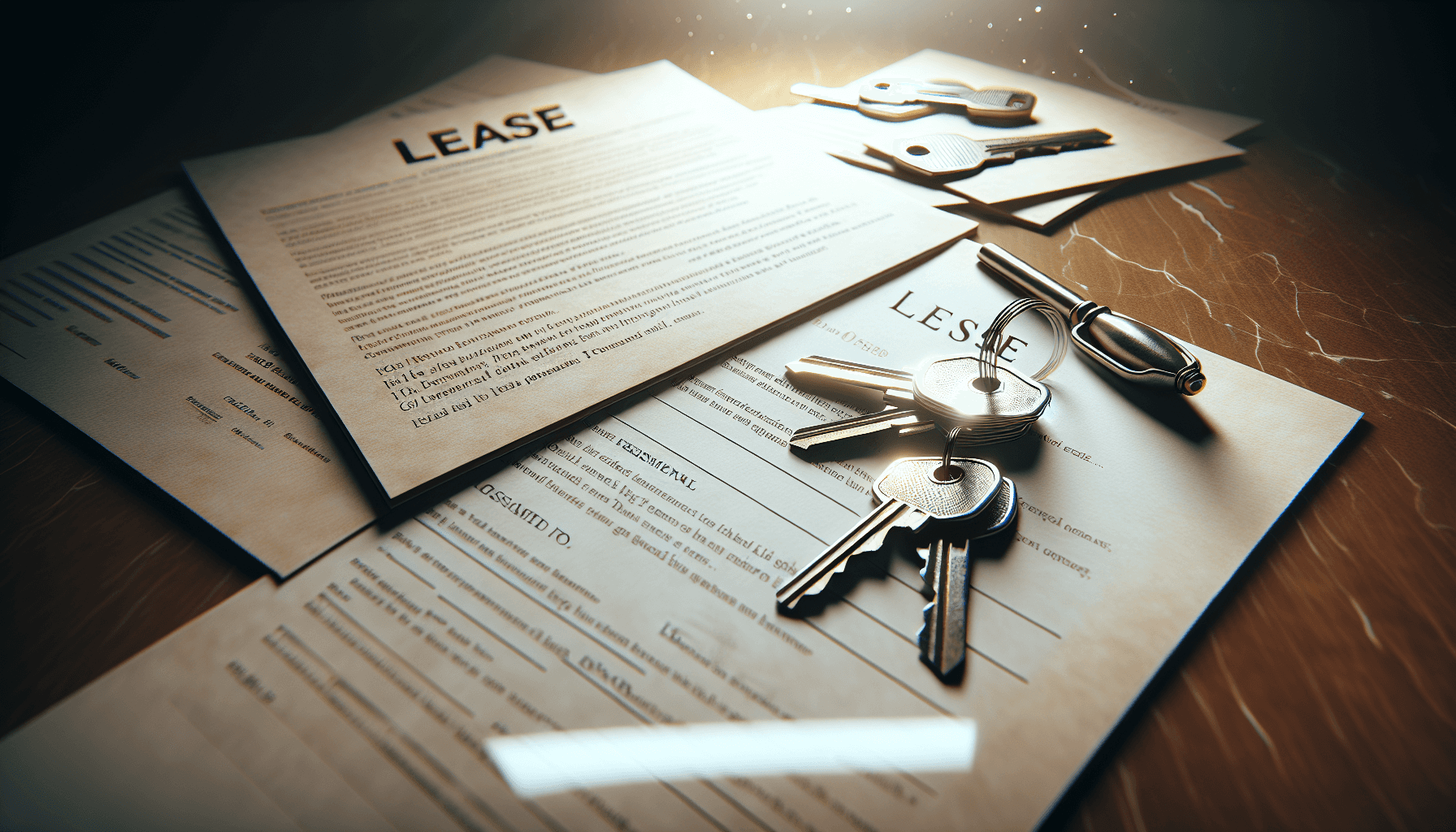What are tenant alteration costs when renting commercial property?
I love talking about commercial real estate, and tenant alteration costs are a fascinating aspect that often catches new business owners off guard. Let me walk you through everything you need to know about these expenses and how they might affect your next commercial lease.
Tenant Alteration Costs: The expenses required to modify or renovate a rental property to meet a tenant's specific needs and requirements. These costs typically include construction, remodeling, or alterations to the space and are often negotiated between the landlord and tenant to determine who will pay for the improvements.
Introduction to Tenant Alteration Costs
Think about moving into a new commercial space. Maybe you're opening a restaurant and need specialized kitchen equipment, or you're starting a medical practice that requires specific exam room layouts. These modifications don't just happen by magic - they require careful planning and, yes, money.
Commercial spaces rarely come ready-to-use for your specific business needs. You might need new walls, different lighting, or updated plumbing. These changes make up your tenant alteration costs.
Breaking Down the Components
Let's look at what goes into these alterations:
Construction Costs
Knocking down or building new walls
Moving electrical outlets and adding new circuits
Installing or modifying HVAC systems
Plumbing modifications
Design and Planning Expenses
Architect fees for drawing up plans
Engineering assessments
Building permits and inspections
Finishing Costs
Paint and wallcoverings
Flooring installations
Light fixtures and built-in furniture
Who Pays for What?
This is where things get interesting. The responsibility for these costs isn't always clear-cut, and I've seen many negotiations go back and forth on these points.
Landlord Responsibilities
The building owner typically handles:
Basic structural repairs
Main electrical and plumbing systems
Common area maintenance
Tenant Responsibilities
You'll likely need to cover:
Specific business-related modifications
Interior decorating
Special equipment installation
Legal and Financial Considerations
The paperwork matters! Your lease agreement should spell out exactly who's responsible for what. Make sure you understand:
Which improvements stay with the building
What you can take with you when you leave
Who's responsible for returning the space to its original condition
Common Pitfalls and How to Avoid Them
I've seen plenty of tenants run into trouble with their alteration projects. Here's what to watch out for:
Getting quotes from only one contractor
Forgetting to factor in permit waiting times
Not having a contingency budget
Skipping important inspections
Best Practices for Managing Alteration Projects
Success comes down to proper planning:
Get everything in writing
Create detailed project timelines
Keep communication channels open with your landlord
Document all changes with photos and receipts
Future Considerations
Think about the long term:
Will your modifications work for future growth?
Can the space be easily modified again if needed?
Are your improvements adding value to the property?
Ready to Start Your Commercial Property Journey?
Navigating tenant alteration costs doesn't have to be overwhelming. Bellhaven Real Estate brings expertise and experience to guide you through the process. Our team knows the ins and outs of commercial property negotiations and can connect you with trusted contractors who'll get the job done right. Reach out to us for a consultation - we're here to help make your commercial space perfect for your business needs.

